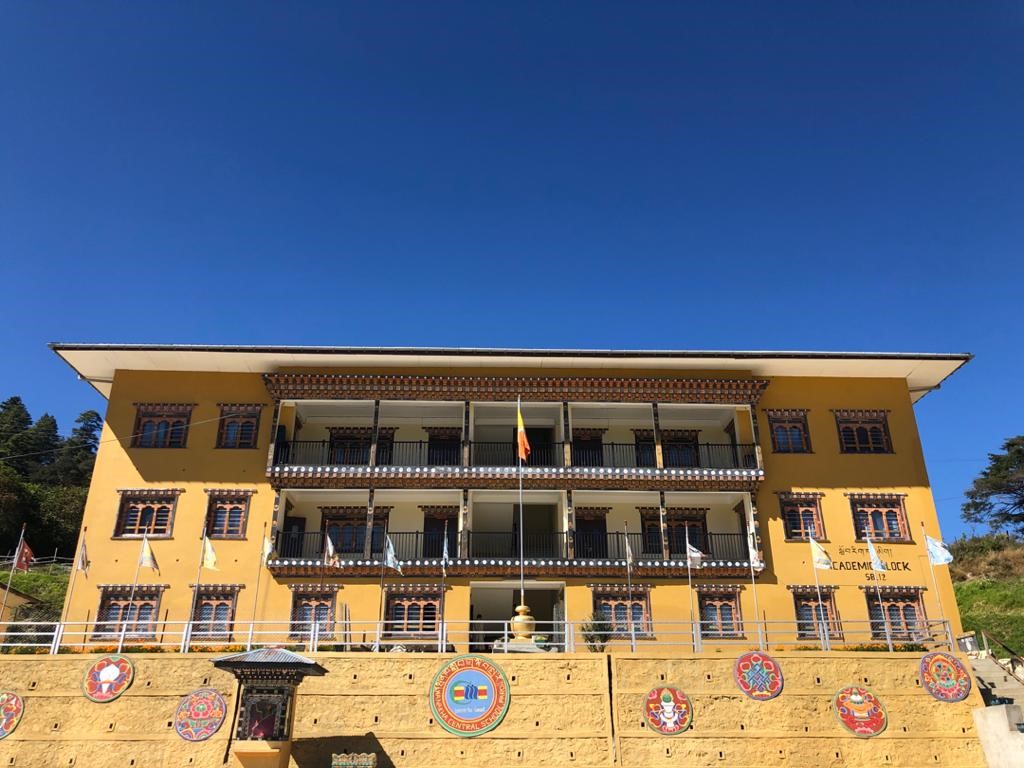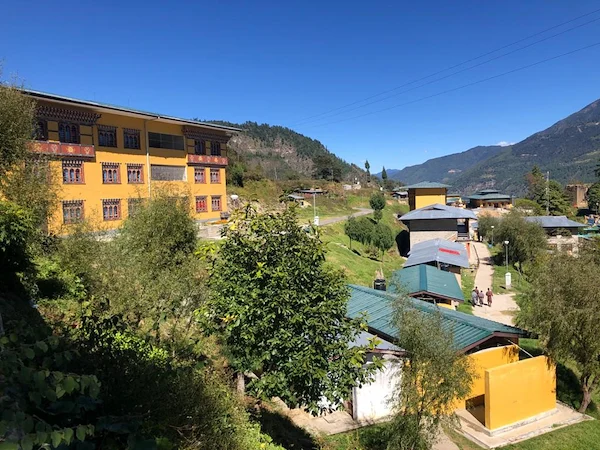30/11/2020
Zero Water Day Partnership (ZWDP) was launched via a webinar on 24 November with over 25 participants from schools in 14 countries around the world.
ZWDP is a voluntary partnership of schools with teachers and children learning with and from each other to take action on water and sustainable development in their homes, schools and communities. A key focus is on mountains as
water towers of the world and promoting the #mountainsmatter campaign in schools to empower youth to play an active role in protecting ecosystems around the world’s summits for future generations, including issues such as sustainable mountain tourism.
ZWDP looks to learn in and from the COVID pandemic and provides maximum flexibility for all schools to participate, so that children have the opportunity to share with others around the world despite all the immense challenges they are facing. Participating schools will have an opportunity to present during a workshop to be held in Glasgow the week before the COP 26 Climate Change Summit in Scotland, November 2021, and contribute to a short film and eBook.
A key part of ZWDP is supporting learning in the classroom and applying it though whole school, whole community action. Action in school will support WHO UNESCO
initiative of making every school a health promoting school. One of the core objectives of the ZWDP is connecting health promotion activities (SDG 3 Health) such as toothbrushing with the health of our planet through conversations around water use and management (SDG 6 Water), and reducing inequality (SDG 10).
EM Alcides Francisco Brantes, a ZWDP participating school in
Salinas region of Nova Friburgo, Brazil has programmes supporting sustainable practices such as family agriculture and water preservation practices for the communities within the three peaks state park. Project
Learning to Smile in Nova Friburgo uses health and environmental social practices, such as milk teeth exchange and clean water preservation, to formulate online literacy content and support teachers lesson plans. The
MalDent Project has established Malawi’s first dental school and is supporting development of a national Oral Health Policy, including a dental caries prevention and health promotion programme for children.
Each school will follow a seven step learning and action plan based on UNESCO resources for
education for sustainable development and
global citizenship education. The first learning step will encourage children to imagine their future in 2050 and include a
UNESCO Futures of education consultation as well as building a planetary health weather station. Community action will use United Nations
International Days including
International Mountain Day to emphasize the interconnectedness and interdependence of issues, and promote multi-, inter- and intra-generational conversations. Mountain Partnership member
Training for Health Equity Network is supporting the development of the learning and action plan, so that education and activities engage and empower local communities including populations in greatest need. One of aims is to create a learning and action plan that helps connect secondary school education on sustainable development with higher education.
ZWDP will help share and exchange experiences across schools, such as in Bhutan’s
Wanakha Central School and Shaba Higher Secondary School (SHSS). SHSS and its Spring Water Conservation project was initiated by the Bhutan Centre for Media and Democracy members of the school, which includes teachers and students helping citizens to understand their roles in democratic processes as well as to improve overall media literacy. One of their programmes includes teaching the youth to harness the power of the media and volunteerism to help their communities.
Learn more about the Zero Water Day Partnership

419460b2-7e8e-4d8a-86a5-7d048292f18c.jpg?sfvrsn=1c0670e_1)
eda137cd-1d0a-455a-9070-1d31a81dcecb.jpg?sfvrsn=2b8131f1_1)
